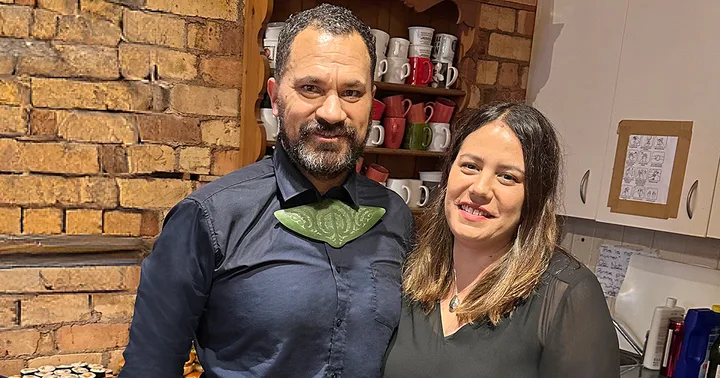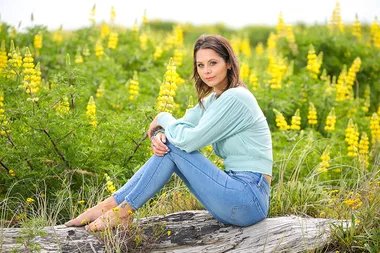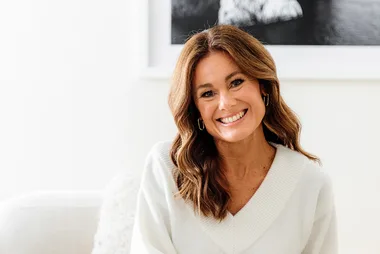Hira Nathan’s busy job working as an electrician and project engineer in Auckland involves a lot of driving and sometimes loads of stress. But instead of getting mad, Hira has mellowed, searching for the good things in life each day and writing them down in his diary – the best-selling bilingual “gratitude journal” he has made for us all, Whakawhetai/Gratitude.
His journal, which began quietly as a one-off in 2020 as Hira’s way of dealing positively with the Covid lockdowns, became so in-demand with friends and family, he started getting copies printed. His first print run was 200, then over the next couple of years, he sold more than 4000 copies under his own steam.
Now Whakawhetai has blossomed into a new form – a professionally designed and published illustrated journal that is selling like hot cakes and shot to the top of the best-seller list as soon as it was released.
Hira, 42, had never heard of a “gratitude journal” until a friend gave him one a few years ago.
“I initially thought, ‘What is this?’ I wasn’t in a bad place, but my friend asked me to do it for two weeks, so I thought, ‘OK, sweet, I’ve got nothing to lose.’ Within a couple of days, I was hooked! I started looking at things a little differently. I’d be driving down the motorway and someone would let me in. ‘That’s going in my journal!’ A nice sunny day, a good carpark at the supermarket… ‘That’s all going in.’
“You quickly realise that all the bad, negative things aren’t really that bad and there’s so much more going on to counter that. I like to say, ‘Don’t sweat the small stuff’.”
The idea of creating Whakawhetai began when Hira finished his friend’s gratitude journal and couldn’t find a replacement.
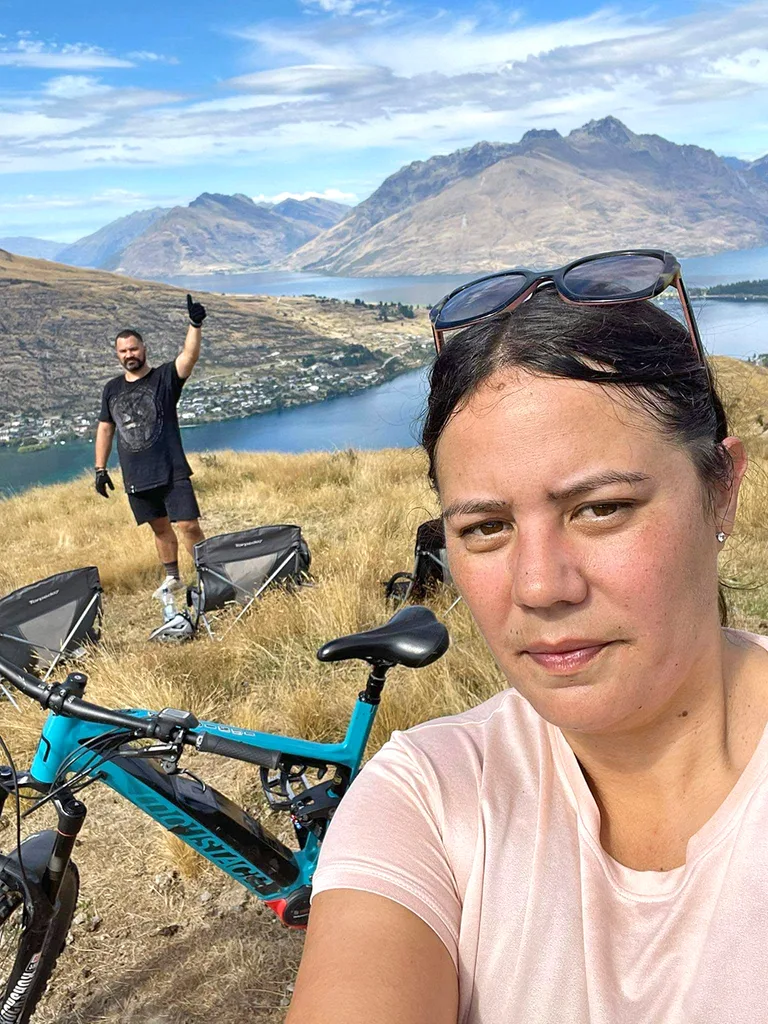
Sarah says Hira’s positivity has turned her life around too.
“I was searching online and I found an American one, but it cost $120! So I thought, ‘I’ll make my own and make it uniquely New Zealand.’
“At the time, I was doing a te reo course and I thought I would combine both.”
With the advice of partner Sarah Bryant, Hira wove the Māori holistic approach to healthcare known as te whare tapa whā into the diary. The “four walls” of the whare represent the physical, mental-emotional, spiritual and social aspects of health.
“You’ve got to look after them all to be happier, healthier individuals,” says Hira. “If one wall is weak, the whole house is weak.”
Sarah explains, “When Hira started making Whakawhetai, he was saying he wanted to get it out to people who were having a really rough time instead of just using it himself. He said if it helped one person, he would be grateful and feel he had done something good for the world.”
Hira, of Ngāti Kahungunu, Ngāti Tuwharetoa and Ngā Puhi descent – who grew up in Havelock North – was a hard-partying student in Dunedin in 2001 when he met Sarah, a Southland girl. He studied Māori and philosophy for two years at the University of Otago before training to be an electrician.
“In the past, I have been in extremes,” he says. “I used to work 16, 17 or 18-hour days, drank with all my friends and played footie at the weekends. I didn’t have much balance.
“As I’ve gotten older, I’ve found a lot more balance with exercise, family, socialising and mindfulness practice, which is cool. I guess I am a more well-rounded person these days.”
Sarah, a group manager with a branch of Auckland Council, says writing in her own Whakawhetai journal each day has helped shift her mindset.
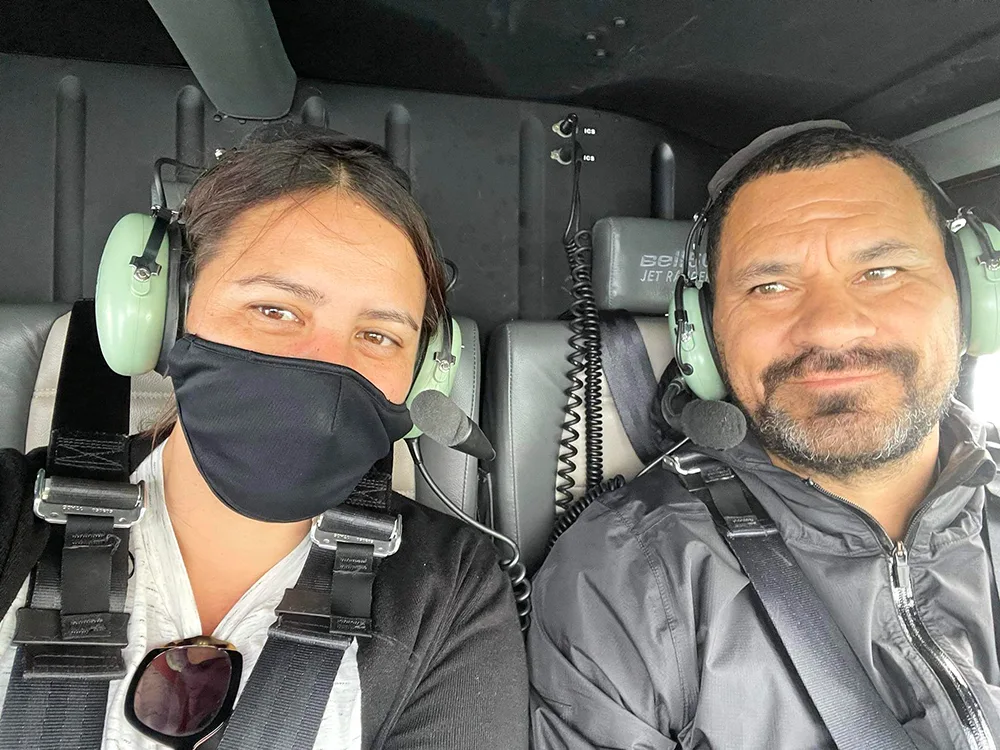
A helicopter ride will definitely make the list of things to be grateful for!
“It helps me start looking at things from a positive space rather than a negative one. I’m immensely proud of Hira. I don’t think many of us who know Hira are surprised that Whakawhetai has been successful or that it’s been loved by other people. He’s the sort of person who comes up with an idea and does it. That’s a consistent theme of his life.
“As an example, he is going to handstand classes and he sent me a calendar invite the other day for stunt school. The week that his book became number one on the best-seller list, he was also an extra in the new Jason Momoa film Chief Of War, which was filming in Auckland, as well as doing his day job.”
Hira laughs. “I was just an extra for a day – I was a gardener in the background.”
Hira has already begun a new project, working with a teacher friend on a kids’ edition of Whakawhetai.
“Kids do it tough these days,” he reflects. “They’ve got strangers on the internet running them down. Something like a gratitude practice gives them a tool to make something positive to express themselves.”
